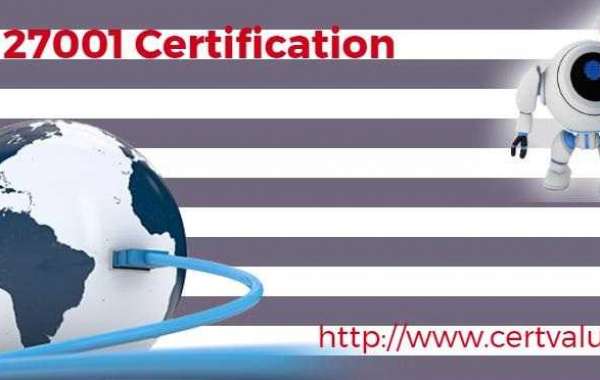Prescription medication abuse can result in a variety of complications, including addiction and physical dependence. Some of the most common forms of medication abuse involve depressants, which are used to treat depression and anxiety. These medications work by slowing brain function and causing drowsiness. In some cases, depressants can cause coma, which can be dangerous. When taken for a long time, depressants can also create a physical dependence. Other drugs, known as stimulants, are prescribed to treat attention-deficit/hyperactivity disorder. These drugs can elevate blood pressure and cause dangerously high body temperatures, if taken improperly. They can also lead to cardiac arrest.
Prescription drug monitoring programs
Prescription drug monitoring programs (PDMPs) monitor prescription drug usage in an effort to reduce prescription drug abuse and diversion. These databases are maintained by state-run agencies and can be accessed by law enforcement and prescribers. The data collected is used to better monitor the safety of prescription medication, as well as to prevent and detect drug abuse.
Prescription drug monitoring programs have been used to combat the opioid epidemic. They work by compiling data from pharmacies on prescriptions dispensed by healthcare professionals. They are effective tools in combatting the problem of opioid misuse and abuse. Typical users of a PDMP are doctors, pharmacists, medical licensure boards, and law enforcement agencies. Most PDMPs operate electronically and are accessed through an online portal. Many states have already implemented a PDMP, and more are in the process of doing so.
In New York, prescription drug monitoring programs are being expanded and are now mandatory. This legislation requires healthcare providers to check the PDMP before prescribing controlled substances to reduce doctor shopping. This has already reduced fraudulent patient behavior and helped New York tackle the opioid and heroin epidemic. The state is now looking into reducing barriers to accessing hospital-based detox services and other life-saving measures to combat the opioid epidemic.
A new study by Fry, Jones, and Buntin (2016) evaluated the efficacy of PDMPs in 34 states that had adopted a PDMP. The study found that the number of overdose deaths decreased significantly in states with PDMPs. In addition, states with more robust PDMPs had a lower overdose death rate than those with less comprehensive programs.
Symptoms of abuse
Identifying the signs of prescription medication abuse is important for preventing prescription drug misuse. Many people who abuse prescription drugs tend to have deceptive behavior and mood swings. They may also experience physical withdrawal symptoms such as insomnia and lying. In addition, if the individual is not supervised by a medical professional, they may be tempted to steal drugs from friends or family members.
Those who abuse prescription drugs start out by taking them for reasons other than medical necessity. Almost always, prescription drug abuse will lead to addiction. This happens mainly because these drugs change the way the brain functions. This changes people's self-control and their ability to make rational decisions. It can lead to a host of dangerous consequences.
Benzodiazepines and antidepressants are a few examples of prescription drugs that may be abused. These drugs affect breathing, memory, and motor function. In severe cases, they can lead to coma or death. Overdosing on these drugs can also cause unpleasant withdrawal symptoms. Similarly, stimulants and antihistamines can be abused. These drugs may cause high blood pressure, jitteriness, and hallucinations. In addition, they can make a person appear aggressive or paranoid.
If you suspect that someone you know is abusing prescription drugs, it's essential to consult a medical professional immediately. A doctor is a trained professional and will be able to advise and help you to address the problem before it gets out of hand. Getting treatment will help prevent addiction and other more serious health risks.
Treatment options
There are many treatment options available for people suffering from prescription medication abuse. These include inpatient and outpatient treatment. Inpatient treatment involves staying in a rehab facility and receiving counseling, psychiatric care, education, and possibly medication to help individuals overcome addiction. These programs can help a person find new ways of dealing with their problem and learn to cope without using prescription drugs. Outpatient treatment involves attending regular clinic-based appointments and participating in group and individual therapy. There are also various treatment plans that are available for people who want to participate in their daily routine.
A good treatment plan should start with a psychological assessment to determine whether the individual is ready to begin treatment. Once a mental health assessment has been completed, a mental health professional can help a person choose a treatment facility that suits their needs and schedule. Aftercare programs can also be very beneficial to those who are suffering from addiction.
People with chronic health problems or chronic pain may be more likely to abuse prescription medications. People with mental health conditions such as depression or anxiety may also be more susceptible to abuse of prescription drugs.







